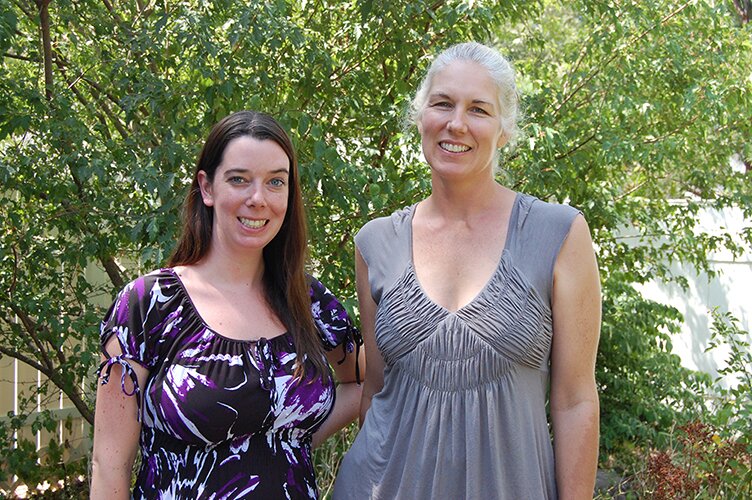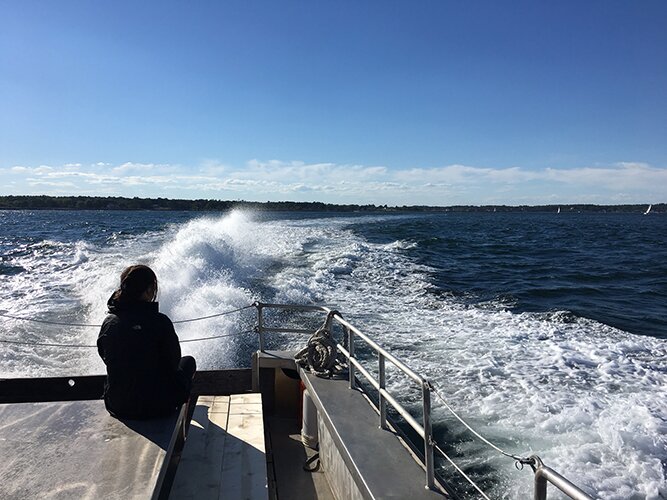Regional Ocean Planning
Our Goal: Build a sustainable future for New England’s ocean, coasts and the communities that depend on them
“A healthy ocean is the foundation of New England’s coastal economy. We need to get everyone to the table—the government, scientists and people like me who make a living out there—and we need to make a comprehensive plan for the ocean so that new businesses like renewable ocean energy can develop while ensuring that existing industries like fishing can grow and flourish into the future.”
– Richard Nelson, Lobsterman, Friendship, Maine
What is Regional Ocean Planning?
Regional Ocean Planning, also known as Coastal and Marine Spatial Planning (or CMSP), is a process that relies on stakeholder involvement to guide ocean use decisions. It uses science and data-sharing to help coordinate our activities while minimizing and mitigating conflicts among ocean users and protecting healthy ecosystems.
NEOAN believes that this approach to ocean management will help our region address key challenges facing our ocean, including:
- Depletion of Fish Stocks:
New England’s fisheries face challenges not only from overfishing but also from climate change, ocean acidification, and land-based pollution. To ensure a thriving future for New England’s fishing industry, we need government agencies and fishermen to work together to find solutions to these problems. - Climate Change and Ocean Acidification:
Burning fossil fuels has dramatically increased CO2 and other greenhouse gasses in our atmosphere. This is already making our oceans warmer and more acidic, and these effects are expected to grow dramatically in the coming decades. Regional Ocean Planning is a powerful tool we can use to both avoid and mitigate the impacts of climate change and ocean acidification. For example, we are already using Regional Ocean Planning to find suitable locations for renewable energy development that can help ease our dependence on dirty fossil fuels. - Poor data:
It has been said that we know more about the dark side of the moon than we know about our oceans. That may be true, but we can do a better job of using and sharing the data that we have. Too often, information is fragmented between the many entities that manage and study the ocean. We need better sharing among academic institutions, government agencies, and those who make their living from the sea. Regional Ocean Planning seeks to bring all this data together to help us make better decisions for the future of our ocean. This project is already underway and you can see the latest results on the Northeast Ocean Data Portal. - Lack of Participation among Ocean Users:
Decisions about our ocean are often made by a single government agency pursuing a specific project or program. Yet our ocean works as an interdependent economic and ecological system. As our ocean and coasts become more crowded we need a better process to make better decisions. Regional Ocean Planning is a process that gives ocean users, stakeholders, scientists, and the general public a seat at the table and a real opportunity to shape the future of management of our ocean. By bringing all ocean users together and giving them access to the best available science, we can make better decisions for all of us.




